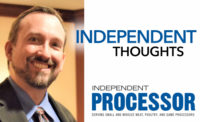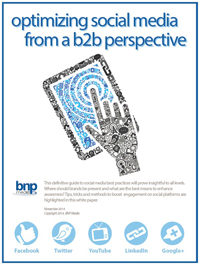Prime Cuts news
A boom for bank loans
Understanding the inner working of banks can help processors secure the loans they need to grow.

My name is Tim Alexander and my company is Triune and I am a consultant to the commercial banking industry. It has never been easier to get a bank loan, and I am getting several calls per week from banks asking for new referrals. Nationally, deposits are growing at a much faster rate than new loans. This means banks have more cash than they can lend, and commercial loans are the fastest-growing category in banking.
Banks are unable to approve a fraction of the requests received for a short list of common reasons. Each bank is different; not all departments in a bank will extend all types of loans. Like roses and tomatoes, there are many different types of loans. One of the most common reasons for financing failures is asking for the wrong type of loan from the wrong department, or the wrong bank. Banking is now very focused. In the last ten years, bankers say they have moved to spending 40% of time on regulatory matters, leaving less time for lending.
A processer in the Texas tried about a year and a half ago to get a loan. He even knew a president since childhood. His company is profitable, with equity, and the bank president turned him down. I do not have a secret weapon; I simply know my industry. I thought last year I could get him about $12 million. Because banking is so competitive, I was able to get three bids of $20MM in less than a month.
After identifying the type of loan needed, and the correct department of the appropriate bank, comes a discussion of the “package.” It is a tremendous waste of time to approach a bank without a comprehensive financial package. A package must include detailed financial projections. At minimum, this is three or four years of business financial statements and business tax returns, a short narrative, and personal tax returns.
I have another client trying unsuccessfully to get about a $5MM loan. He has losses on his personal tax return. A personal tax return is viewed by banks as like the rock of Gibraltar — solid. The word “loss” is a dreadful, negative buzzword when speaking of personal financial statements, so I suggested the word “negative” as an alternative; silly, but it works. I will never tolerate a lie, embellishment, or omission. But how a narrative is written is important.
Banking has become a highly specialized field with bankers spending almost as much time on regulatory reporting, as on lending. This means the average lender has less time to perform the same level of marketing. If you’re having trouble with financing, listen very carefully to what banks need, never make the banks wait and answer all questions immediately. These are my “secret weapons.” So what is stopping you?
Looking for a reprint of this article?
From high-res PDFs to custom plaques, order your copy today!






